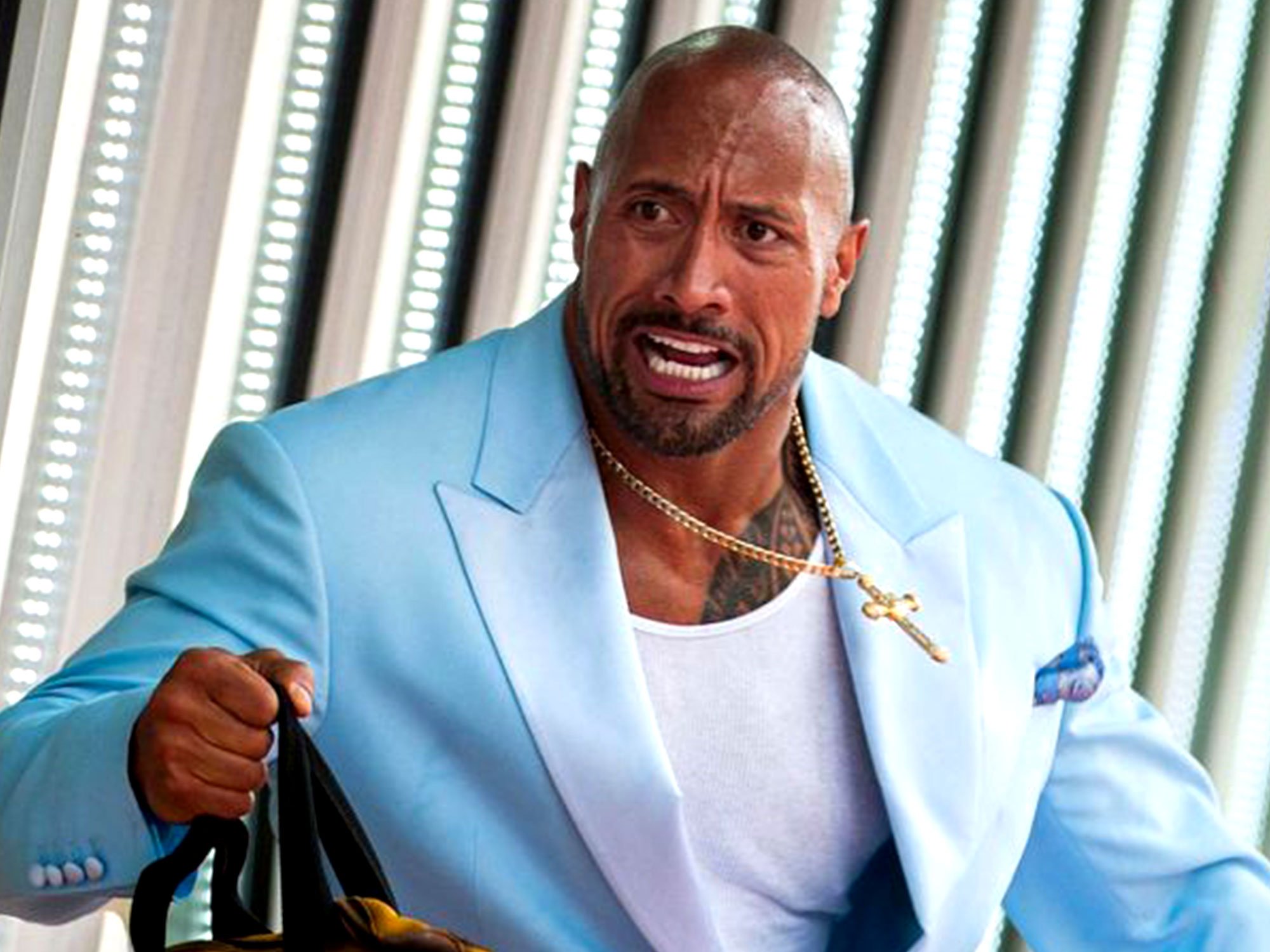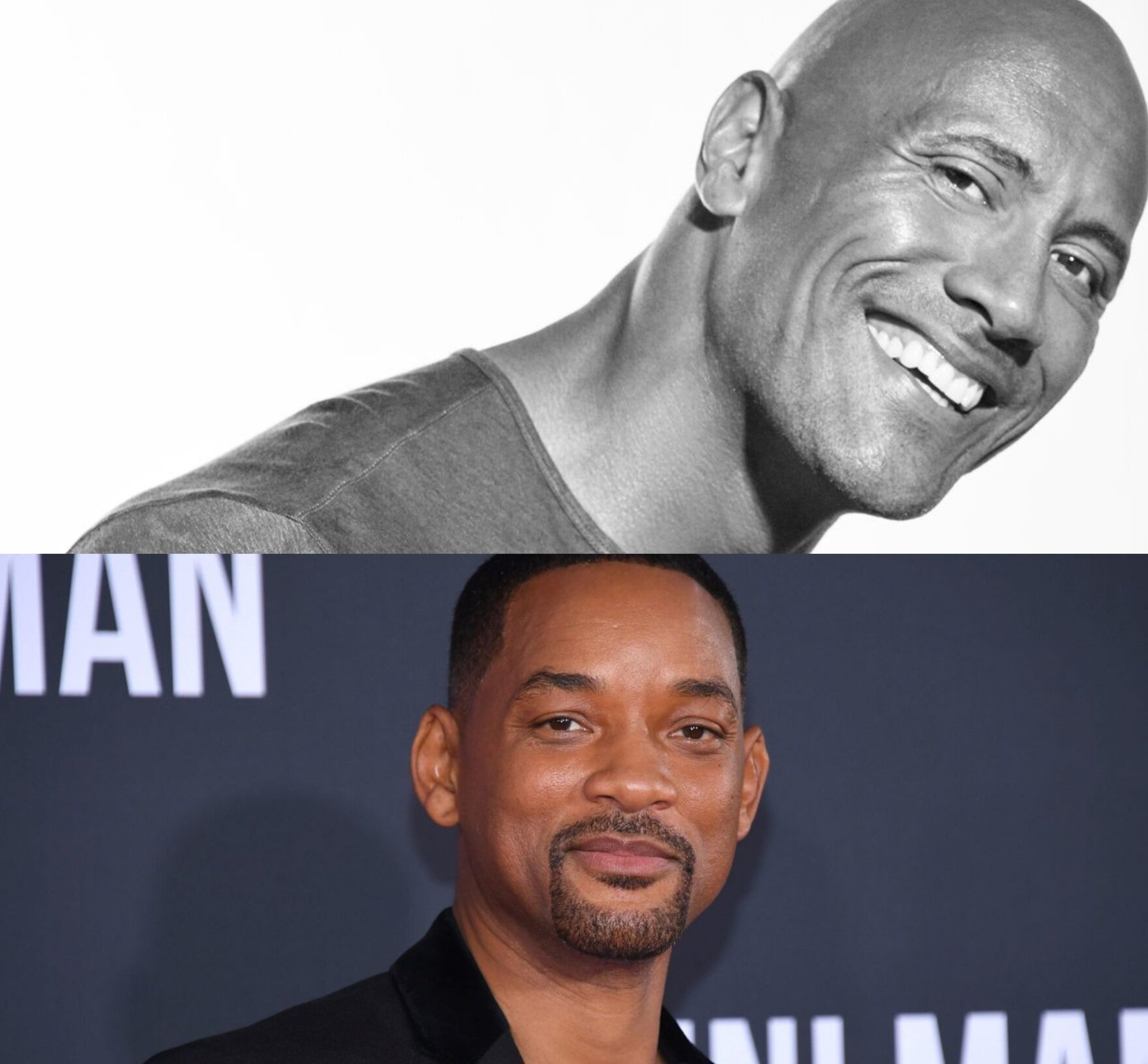The Rock, by design has earned just about all of the criticism he’s gotten as his popularity has seemed to hit it's first major snag, leaving him open to critiques that have always been just beneath the surface, if not on it. My issue with a lot of the criticism is that collectively they seem to suggest an inherent lacking in Dwayne Johnson the actor, not his choices, or the quality of projects afforded him early on, and furthermore they ignore the obstacles and variables that played into the choices. These arguments are a continuation of a nonsensical idea that actors filmographies are something they have immense control over. That since actors have this control over the quality of work, then how that quality shows up is on their heads. Bias and disdain take over from here, and now that there are others whose careers look anywhere from modestly to far better, it has become even more common to hear “The Rock can't act” or that he is the least of his wrestler-turned-actor peers. Take for instance, Jon Cena, or Dave Bautista, it must first be understood that what Dave Bautista or Jon Cena get to do, they do because of what The Rock did. If Dwayne Johnson doesn't exist, if he doesn't become a formidable actor, no one takes wrestler-turned actors serious enough to even think about casting a Dave Bautista in the roles he's gotten. Before Dwayne Johnson, it can be argued that wrestlers were mostly side shows in movies that played like a carnival barker screaming at us to observe these hulking oddities in their “habitat”. In Rob Reiner's delightful “The Princess Bride” Andre the Giant is well..a Giant, and fundamentally the draw there is in the currency of an oddity living in an odd world. It's far kinder, but nonetheless based in not as much a character as a fit. No one ever took wrestlers seriously enough to believe in them as serious actors unless they were a counter culture maverick, like John Carpenter. It would take someone to know the difference between how a John Carpenter movie was regarded then in contast to now to know how or why “They Live” wasn't exactly a game changer at the box office or in clout, and then why, unfortunately, we never really saw Roddy Piper in mainstream film much after. The quality of characters in a Bautista, or Cena career may be far better, but any cursory look at the issue concedes the Rock had to be the forebearer for all of these guys, while acknowledging the facts that he too wanted to be taken seriously at first. “Actually I had a lot of leeway and latitude with (director) F. Gary Gray. Although Elliott was written in the novel by Elmore (Leonard), we had to start from scratch. I didn’t take the role specifically to get away from the action genre. Actors always wait for that role to be fearless, where they can jump off the cliff, and for me that was this role, an opportunity to play a guy who was conflicted in a world that he didn’t want to be in, and still felt that he had something to offer the world through song and dance. He was a gay man who was proud and by the end of the movie embraced even more being gay. These words are not much different than Dave Bautista’s, on acting, but no one near the sphere of artistic influence that Denis Villanueve, Sam Mendes, or even a James Gunn posess in Hollywood were running up to give The Rock pictures like this then. What they weren't exactly ready for then, they are now, and it is of no small importance that John Cena is white, and though Dave Bautista is of mixed heritage as well, his career to date has been far more racially ambiguous than The Rock’s first run.






